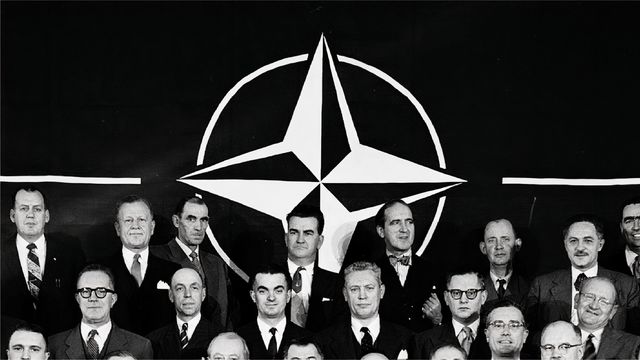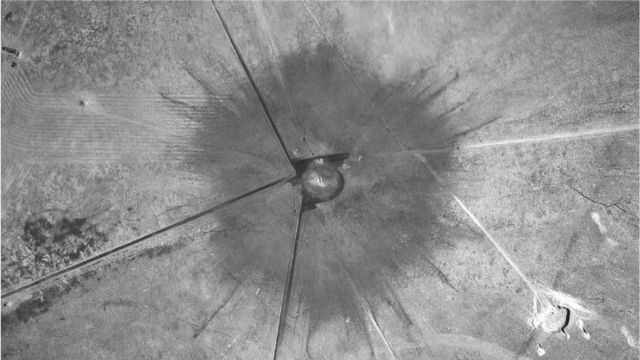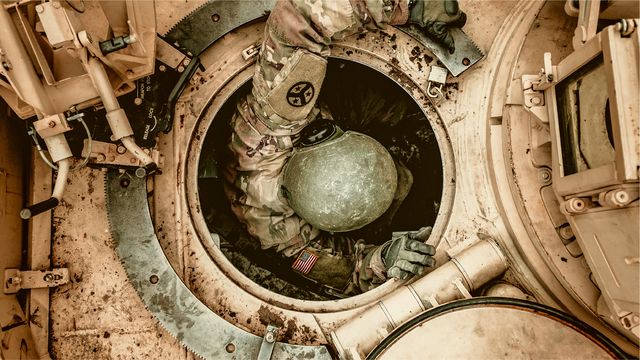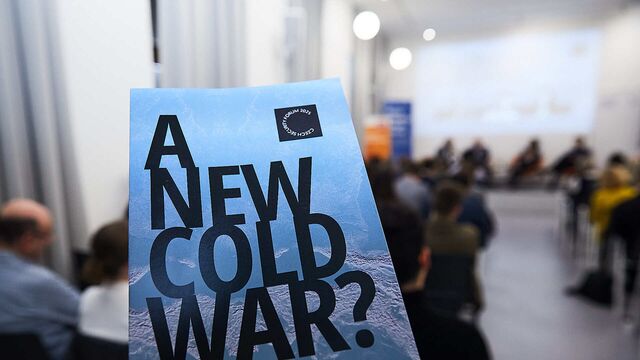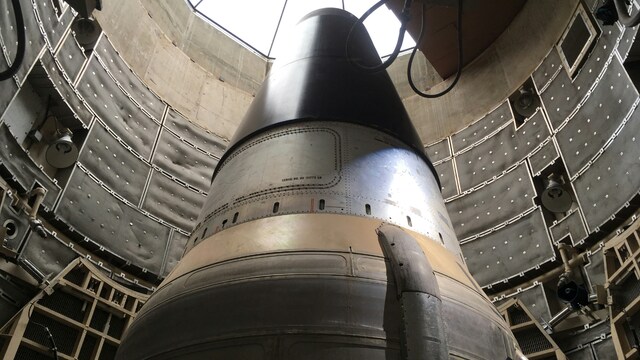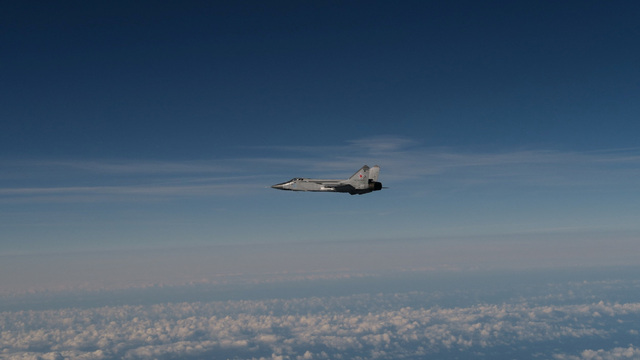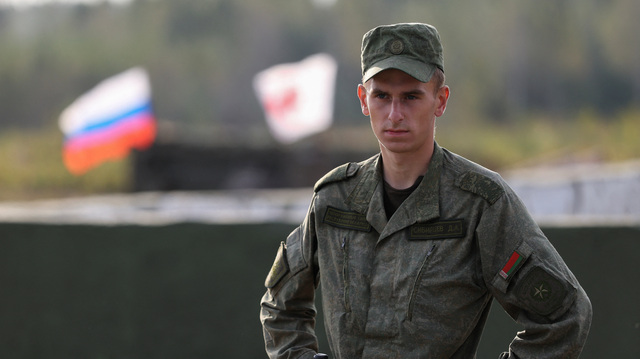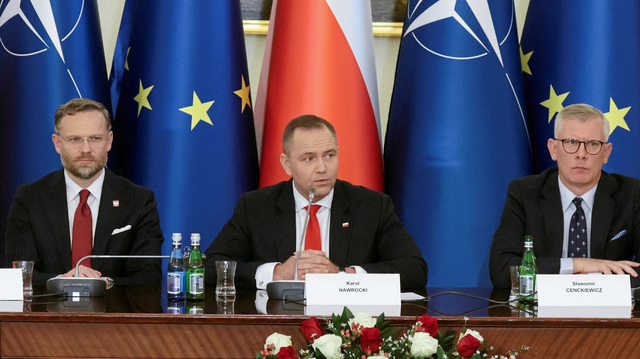
Nuclear weapons non-proliferation: from theory to reality
The Institute of International Relations would like to cordially invite you to the lecture of Michal Onderco, assistant professor at the Erasmus University Rotterdam, titled "Nuclear weapons non-proliferation: from theory to reality". The lecture will take place on 19. November 2019 at 16:30 PM at the Institute of International Relations, Nerudova 3, Prague 1.
19. 11. 2019 (16:30)
Institute of International Relations, Nerudova 3, Prague
In theory, a nuclear non-proliferation regime stands on a firm ground and offers an optimistic outlook for the future. The Non-Proliferation Treaty (NPT) adopted in 1968 commits nuclear-armed signatories “to pursue negotiations in good faith on effective measures” to nuclear disarmament. A comprehensive Nuclear-Test-Ban Treaty (CTBT) was signed in 1996 and the Treaty on the Prohibition of Nuclear Weapons (Ban Treaty) followed suit in 2017. In reality, the NPT Review Conference failed to produce any meaningful outcome in 2015 and the prospects for the next conference in 2020 is not exactly rosy either. None of the nuclear-armed states signed the Ban Treaty and out of all nuclear-armed states only the UK, France and Russia are already fully committed to the CTBT. Moreover, India, Pakistan, Israel and North Korea have acquired nuclear weapons since 1968 and the number of states possessing nuclear weapons will likely rise in the future. What is causing this mismatch between the theory and reality of nuclear non-proliferation?
Our distinguished guest speaker, Michal Onderco, has done extensive research on Iran, North Korea and South Africa and thus he is one of the most competent persons to explain this topic in an easy-to-understand fashion.
The lecture will be moderated by Matúš Halás, head of Centre for European Security, Institute of International Relations.
The lecture is organized as a side-event of Czernin Security Forum, taking place on November 20-21, supported by NATO's Public Diplomacy.
Spolupráce / Záštita
NATO's Public Diplomacy Division

